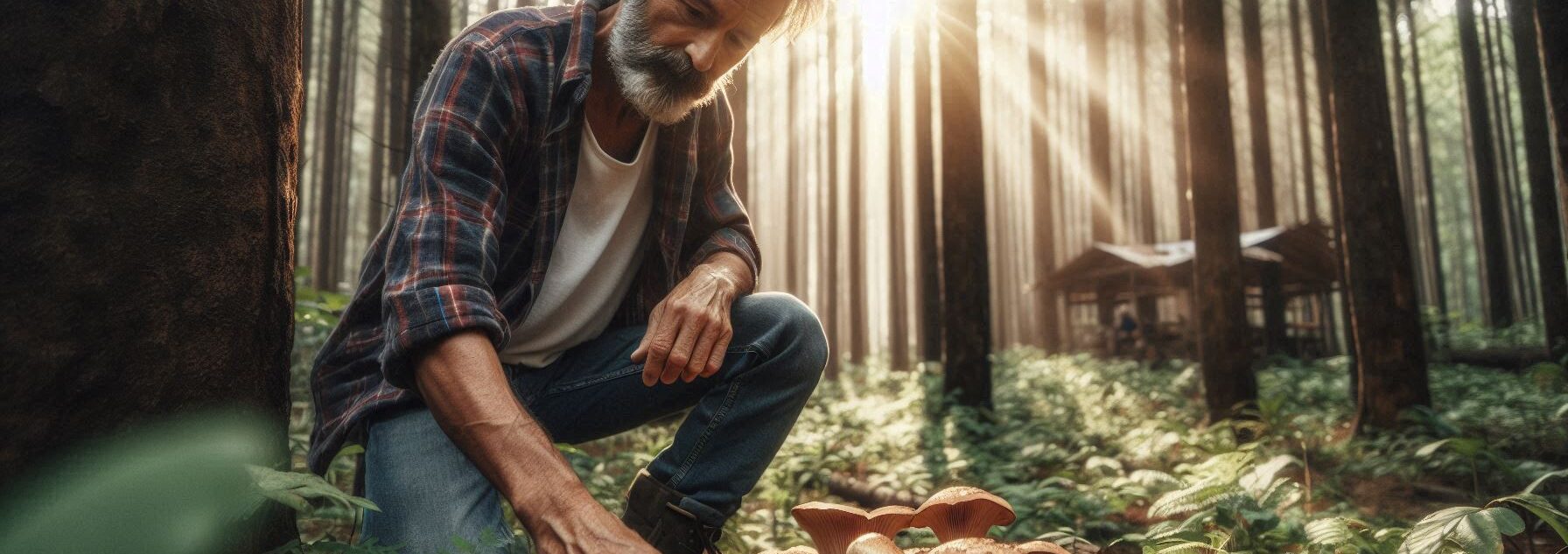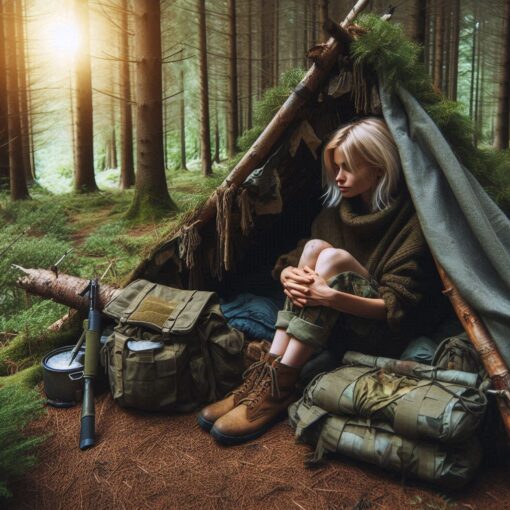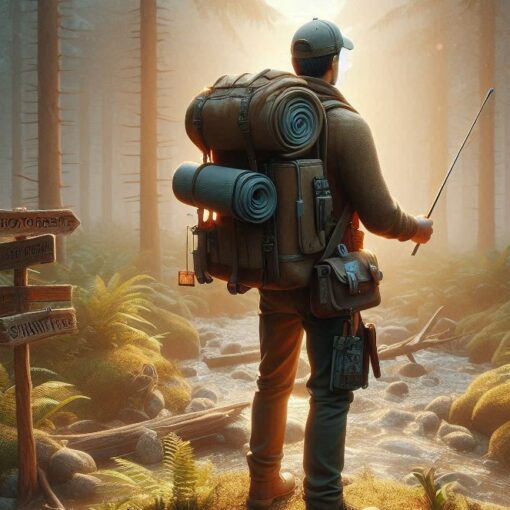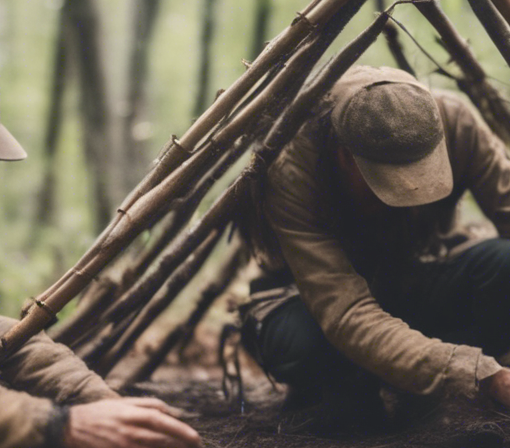
Imagine this: you’re out in the wilderness, enjoying a peaceful hike when suddenly you realize you’ve taken a wrong turn. Panic sets in as the sun begins to dip below the horizon. What do you do?
This scenario might seem like something out of a survival show, but it can happen to anyone. So, let’s chat about some essential survival skills that everyone should know—because staying alive is always in style!
The Art of Navigation
First things first: if you’re lost, knowing how to navigate is crucial. Now, I’m not talking about fancy GPS gadgets that can fail when you need them most; I mean old-school navigation skills! Ever heard of using a map and compass? Trust me; these tools are your best friends when technology lets you down.
Start by learning how to read a map. It’s not as daunting as it sounds! You just need to understand symbols and scales. A good tip is to practice with local maps before heading into the wild—you’ll feel like a real explorer! And don’t forget about the compass; it helps orient yourself even when everything looks unfamiliar.
But let’s be real for a moment: what if you don’t have either? No problem! Look for natural indicators. The sun rises in the east and sets in the west, so use that knowledge to guide your way during daylight hours. At night, stars can be your navigational allies too—if only we could all learn constellations like our grandparents did!
Speaking of which, if you’re ever unsure of where to go next while hiking or camping, remember this golden rule: retrace your steps! It’s often easier than trying to forge ahead blindly.
Building a Shelter

Now that you’ve got navigation down, let’s move on to another vital skill: building shelter. Whether you’re caught in an unexpected storm or simply want some shade from the blazing sun, knowing how to create a safe space can make all the difference.
The first step is choosing the right location. Look for flat ground away from potential hazards like falling branches or flooding areas (you don’t want your cozy spot turning into a swimming pool!).
Once you’ve found your ideal site, gather materials—think branches, leaves, and anything else sturdy enough to provide cover. One classic method is constructing a lean-to by propping branches against a tree at an angle and covering them with leaves or grass for insulation.
If you’re feeling extra adventurous (or perhaps slightly bored), try creating an A-frame shelter instead! It involves two slanted sides meeting at the top—like an upside-down V—and offers great protection against wind and rain.
And hey—don’t underestimate the power of creativity here! Using tarps or emergency blankets can elevate your shelter game significantly without requiring advanced skills or tools.
Finding Food and Water

Alrighty then—let’s talk about everyone’s favorite subject: food! When survival mode kicks in, finding sustenance becomes priority number one (after making sure you’re not lost anymore).
Foraging for edible plants requires some knowledge beforehand because not everything green is good for munching on! Start by familiarizing yourself with common edible plants in your area through books or apps dedicated specifically to wild edibles. Dandelions? Totally edible! Just remember they’re not exactly gourmet cuisine!
Next up is water—a critical component of survival since humans can only last three days without it (not great news!). If you’re near freshwater sources like rivers or lakes, congratulations—you’ve hit the jackpot!
However, always purify water before drinking it unless you want an uninvited guest called “waterborne illness.” Boiling is one foolproof method; if boiling isn’t possible due to lack of firewood… well then again—a water filter could save the day!
If both options sound tricky under pressure (and let’s be honest—they often do!), look out for signs of moisture around trees or rocks where condensation may collect overnight—it might just quench your thirst!
First Aid Basics
Now let’s shift gears toward something equally important but often overlooked: first aid basics. Accidents happen—even in survival situations—but knowing how to treat injuries effectively can keep small issues from becoming big problems.
Start with assembling a basic first aid kit containing band-aids, antiseptic wipes, gauze pads, adhesive tape—the essentials really! If someone gets hurt while hiking or camping (which seems inevitable), having these supplies handy will help treat cuts and scrapes quickly before they get infected.
Additionally—and this may surprise you—a little bit of knowledge goes far here too! Learn how to perform CPR and recognize signs of shock—it could literally save someone’s life someday!
By practicing these skills regularly through courses offered by organizations like Red Cross or local community centers—you’ll feel more confident tackling emergencies head-on rather than panicking when faced with adversity.
Fire-Making Skills

Finally—we can’t forget about fire-making skills because nothing says “survival” quite like sitting around a crackling campfire after successfully gathering wood and kindling!
To start fires safely outdoors without matches (yikes!), consider using flint-and-steel methods—or maybe even cotton balls soaked in petroleum jelly if things get desperate enough!
Gather dry twigs and leaves as kindling before placing larger logs on top once flames emerge—the goal here is creating layers so airflow circulates properly throughout each stage until you’ve built up enough heat for those bigger pieces!
Honestly though—I think lighting fires takes practice just like any other skill does; don’t get discouraged if it doesn’t work perfectly every time right away—it’s part of honing expertise over time!
Staying alive means being prepared for whatever comes our way whether we’re adventuring outdoors or facing challenges closer home base wise too!
By mastering navigation techniques along with essential skills such as building shelters finding food/water tending wounds effectively starting fires—we equip ourselves better against unpredictable circumstances ahead!
So next time someone asks why they should bother learning these survival tips…just remind them that confidence gained through preparation translates directly into peace-of-mind during tough times ahead—that’s worth its weight in gold!
Suggested Resources:
Survival Skills You Need
https://www.rei.com/learn/expert-advice/survival-skills.html
Basic Wilderness Survival Skills
https://www.wilderness-survival.net/survivalskills.php
How To Build A Shelter In The Wild
https://www.outdoorlife.com/how-to-build-shelter-in-wild/




